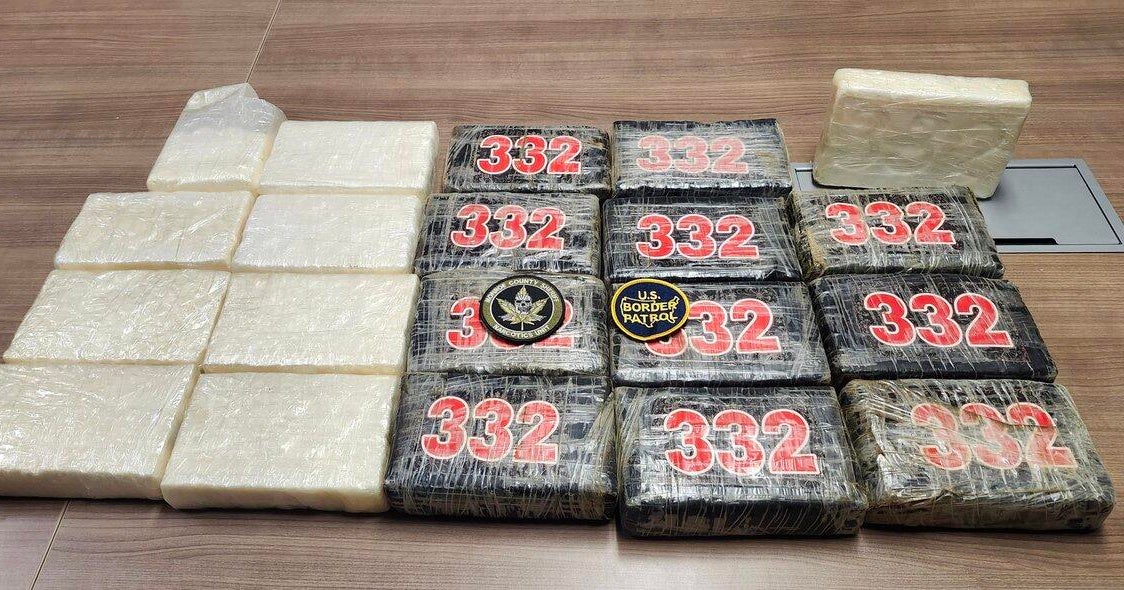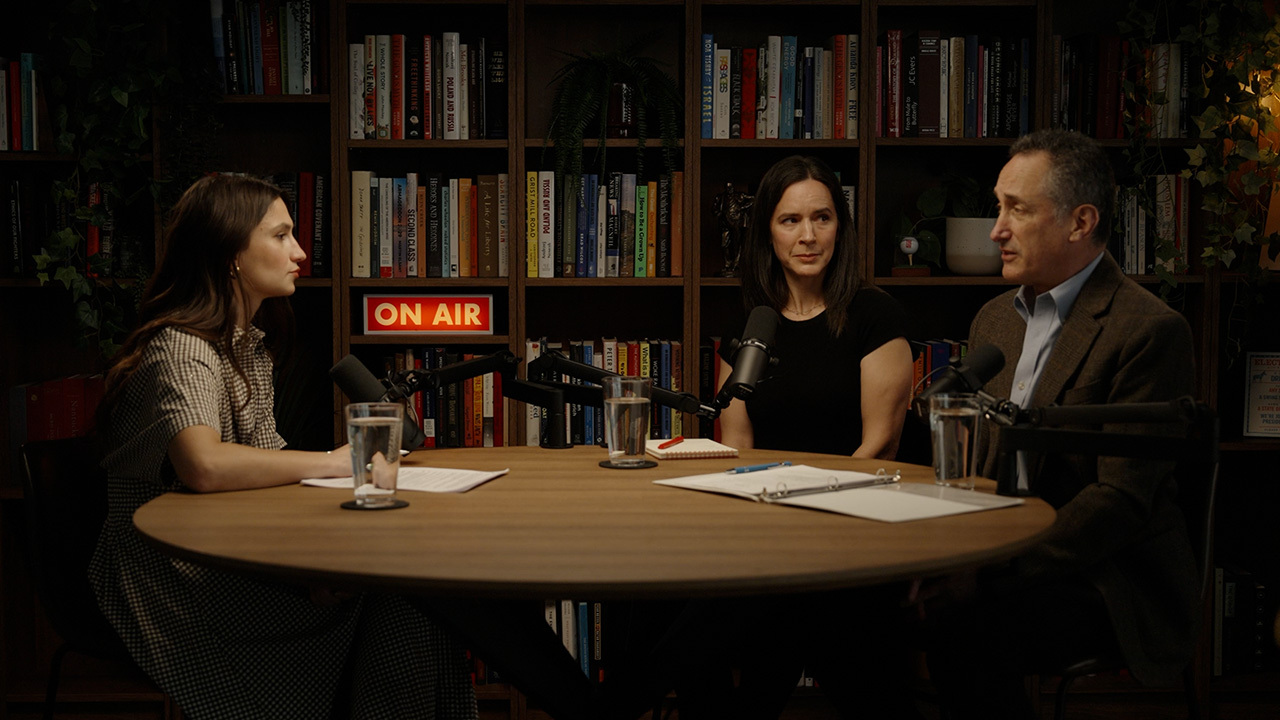CBS News Radio investigation: Experts say popular key-copying kiosks pose new security threat
A convenient key-copying kiosk is posing new threats to buildings that use electronic access cards, according to security experts.
KeyMe, founded in 2012, has self-service kiosks located in retailers across the U.S. — including 7-Eleven, Bed Bath & Beyond, Safeway, Sears, Rite Aid and more. The company rolled out its machines as a cheap and easy way to copy brass keys.
Now, the company is expanding its machines capable of duplicating electronic keys — like RFID cards and fobs to offices, residential buildings and vehicles. It can also code the RFID key into a sticker. It cost a CBS News journalist just $25 to copy an apartment building key fob.
Security consultant Jim Elder says the KeyMe kiosks have made it too easy to copy electronic keys like "proximity cards" to buildings, posing potential security concerns.
"I don't know anybody in my business who would recommend proximity cards now — just because of the ability to clone that card," Elder said.
CBS News security analyst Paul Viollis said KeyMe allows criminals access to vehicles, schools and other buildings with untraceable keys.
"I would never give this my level of endorsement nor would anyone that's really looking at protecting the public good," Viollis said.
Despite the backlash, KeyMe founder and CEO Greg Marsh claims that the machines make copying more secure than it has ever been.
"We can determine who made the key via the financial paper trail we have, security footage like an ATM, time stamp and what key was actually made," Marsh said.
With millions of keys already copied, KeyMe plans to expand to 10,000 locations at grocery stores, pharmacies and other retailers.
But in the eyes of security experts, the technology could unlock new threats to buildings across the country.





